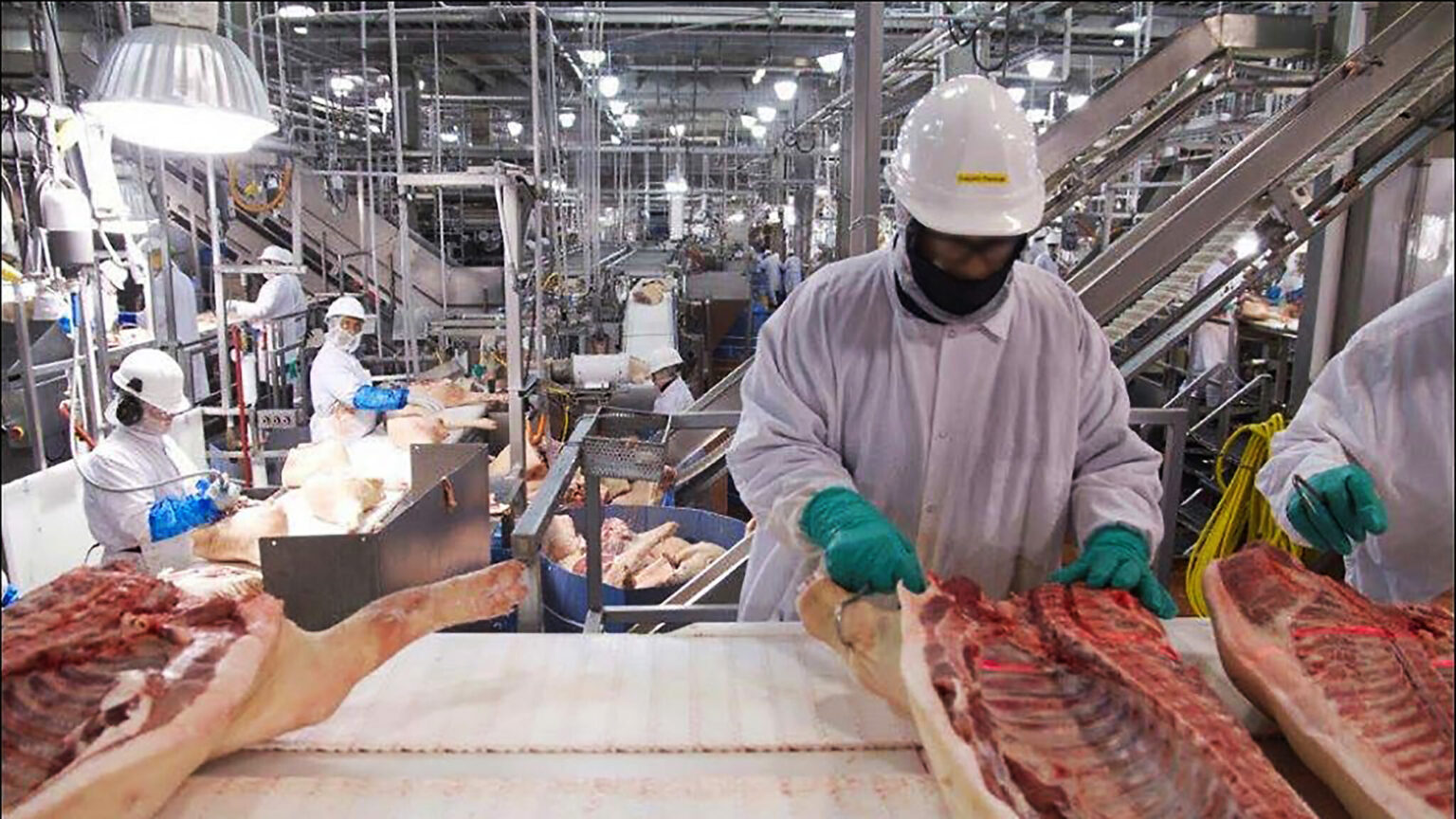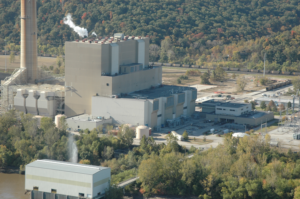10:00
News Story
Rural Missouri groups threaten lawsuit over PFAS in meatpacking sludge
Meatpacking waste sludge is spread as fertilizer on farmland and can wash into waterways
Industrial sludge often offered to Missouri farms as free fertilizer contains “forever chemicals,” several groups threatening to sue the state allege.
Two advocacy groups along with a mid-Missouri farmer notified several sludge providers and the Missouri Department of Natural Resources of their intent to sue in a letter dated Wednesday, saying the waste presents “an imminent and substantial endangerment to the environment and public health.”
Rural neighbors have reached out to lawyers and state lawmakers in recent months, looking to halt the use of industrial sludge as fertilizer, saying its stench is unbearable and it puts waterways at risk of contamination.
“It smells like guts and sh*t,” said Donald Craig, a Randolph County farmer, “and it’s just disgusting. It’s horrid.”
Now, Craig and two rural advocacy groups argue application of the sludge, which typically includes animal residuals from meatpacking, violates the environmental laws because of the PFAS. He said that’s what worries him — the PFAS seeping into the soil and groundwater.
“That’s where we get our water from,” he said, “and I just know it’s not a good thing for our environment.”
Craig’s fellow plaintiffs are Stop Land Use Damaging Our Ground and Environment — or S.L.U.D.G.E. — and Citizens of Randolph County Against Pollution, known as C.R.A.P.
They say the sludge contains polyfluoroalkyl substances, or PFAS — also known as forever chemicals — which are a class of synthetic substances that don’t break down easily and, as a result, linger in the environment.
The chemicals — used for years in nonstick cookware, cleaning products, waterproof fabrics and firefighting foams, among other applications — can increase the risk of cancer, increased cholesterol and immune system damage.
According to the notice of intent to sue, two companies that apply industrial sludge — Arkansas-based Denali Water Solutions and Maryland-based Synagro — have both admitted there may be PFAS in the sludge they provide.
The notice cites minutes from a McDonald County Commission meeting in July 2022 when a Denali representative said their sludge may include PFAS.
“However, from the same testimony, it appears Denali has not been testing the industrial wastes it is disposing of through land application,” the notice says.
Denali declined to comment.
Synagro, in a report posted to its website in August, called itself a “passive receiver” of PFAS when it collects waste. In the same report, it says it’s partnering with a company to test its PFAS-destroying technology and expanding service offerings to remove PFAS and other contaminants.
Synagro did not immediately return a request for comment.
The notice of intent to sue also takes the Missouri Department of Natural Resources to task for proposed regulations that will require sludge companies to test their material for PFAS. If the chemicals are found, the report says, the companies will be allowed to apply the material but must test the soil twice a year. Soil concentrations, it says, must not exceed federal standards.
“DNR has knowingly allowed,” the notice says, “and will apparently continue to allow the foregoing companies to land-apply industrial wastes containing PFAS in Missouri.”
DNR said it does not comment on pending litigation.
The notice of intent to sue requests that the state prohibit land application of industrial waste and that the companies stop spreading the sludge. If they do not comply by Dec. 12, attorneys for S.L.U.D.G.E., C.R.A.P. and Craig say they will seek a court order.
YOU MAKE OUR WORK POSSIBLE.
Our stories may be republished online or in print under Creative Commons license CC BY-NC-ND 4.0. We ask that you edit only for style or to shorten, provide proper attribution and link to our website. AP and Getty images may not be republished. Please see our republishing guidelines for use of any other photos and graphics.





